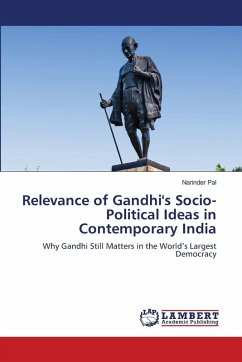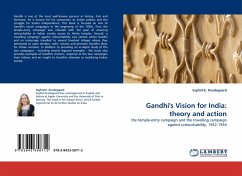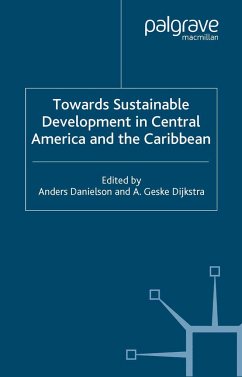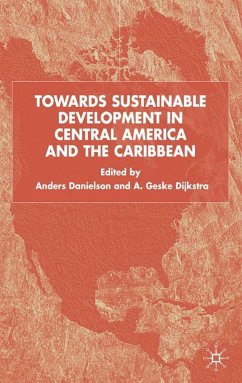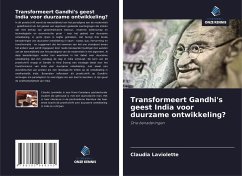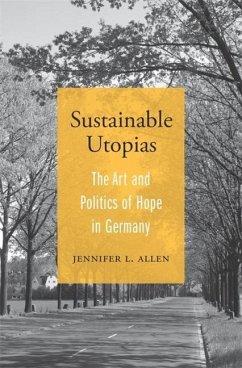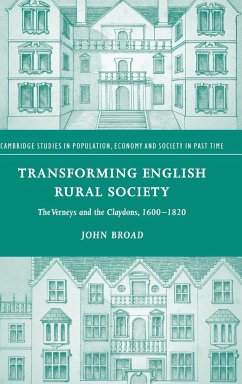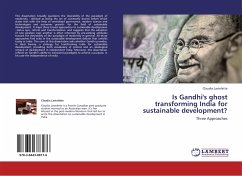
Is Gandhi's ghost transforming India for sustainable development?
Three Approaches
Versandkostenfrei!
Versandfertig in 6-10 Tagen
32,99 €
inkl. MwSt.

PAYBACK Punkte
16 °P sammeln!
This dissertation broadly questions the desirability of the paradigm of modernity - defined as being the set of commonly shared beliefs which states that with the help of centralised governance, modern science and technologies and economic growth- for the field of sustainable development. It maps three broad approaches to sustainable development status quo, reform and transformation- and suggests that the adoption of one position over another is often informed by pre-existing attitudes toward the desirability of the paradigm of modernity in general. All those approaches find echo in the sustai...
This dissertation broadly questions the desirability of the paradigm of modernity - defined as being the set of commonly shared beliefs which states that with the help of centralised governance, modern science and technologies and economic growth- for the field of sustainable development. It maps three broad approaches to sustainable development status quo, reform and transformation- and suggests that the adoption of one position over another is often informed by pre-existing attitudes toward the desirability of the paradigm of modernity in general. All those approaches find echo in the sustainable development debate that unfolds today in India. The core of this dissertation asks whether Gandhi provides, in Hind Swaraj, a strategy for transforming India for sustainable development, providing both vocabulary of protest and an ideological critique of development in independent India. Moreover, this dissertation reflects on Gandhi s ability to transcend paradigms to achieve a purpose, in his case the independence of India.



